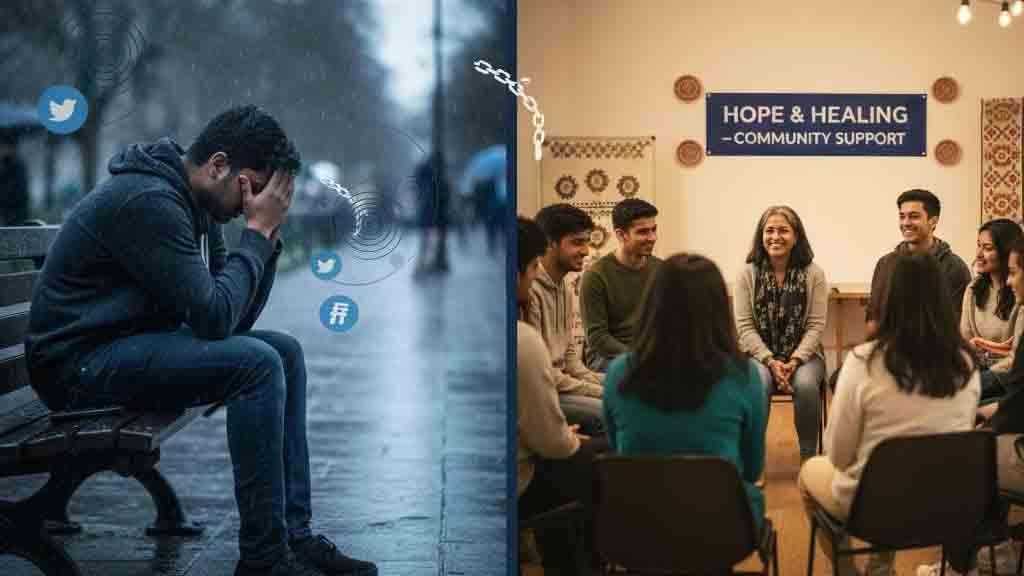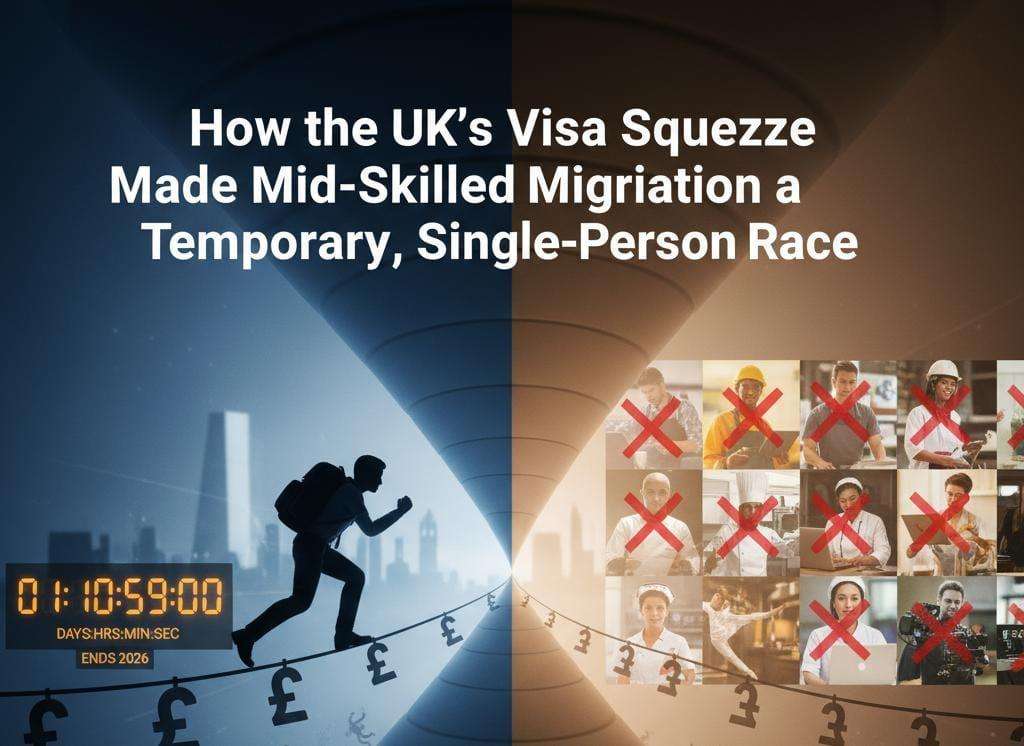Marking World Mental Health Day (October 10th), the United Kingdom finds itself grappling with a mental health crisis that is escalating rapidly among its youth, amplified by severe systemic and cultural inequalities. The most alarming trend in the UK is the dramatic surge in probable mental disorders among children and young people, coupled with a growing backlog in accessing NHS care.
The UK's Alarming Youth Crisis
Current statistics paint a dire picture: one in five children and young people aged 8 to 25 had a probable mental health condition in 2023, a number that has been rising since 2017. The 17-19 age group has seen the most notable increase, with 23\% experiencing a probable mental disorder.
The direct result is a system overwhelmed by demand. Referrals to emergency mental healthcare rose by 10\% between 2023 and 2024, and in a devastating indictment of access, nearly 79,000 young people were waiting over a year for mental health treatment in 2023/2024, with nearly half of them waiting over two years. This long wait is not benign; 59\% of young people report their mental health getting worse while waiting for support.
The Pressures Piling Up
The primary drivers behind the deterioration in young people’s mental health are systemic:
- Socioeconomic Stress: The persistent cost-of-living crisis places enormous strain on families, with poverty being a significant driver of mental ill-health.
- Educational and Digital Strain: Intense academic pressure and the psychological toll of social media, fostering perfectionism and self-comparison, are eroding wellbeing, with poor mental health now negatively impacting the ability of 74\% of teachers to teach effectively.
- Suicide Risk: The tragedy of mental illness is underscored by the fact that suicide remains the leading cause of death for people aged 5-35 in England, with three-quarters being boys or young men.
The Hidden Emergency in British South Asian Communities
While the overall youth crisis is alarming, a parallel, often hidden emergency exists within the British South Asian community (Indian, Pakistani, and Bangladeshi heritage). This group is statistically more likely to experience common mental disorders than the general population but is less likely to access treatment, complete therapy, or achieve recovery. This disparity is particularly stark when examining ethnic groups on an individual basis.
Specific Vulnerabilities by Community:
- Older British Indian and Pakistani women show a particular vulnerability to common mental disorders, often linked to socioeconomic disadvantage.
- The wider South Asian community faces an increased risk of serious mental illnesses (like psychosis) relative to the White majority, highlighting severe health inequalities.
Why the British Bangladeshi Community Faces a Unique Battle
The challenge is most acute in the British Bangladeshi community, where men are among the lowest number of people referred to primary care NHS Talking Therapies services. Furthermore, they have the lowest recovery rate and are among the most likely to have deteriorated after receiving treatment.
This critical issue stems from a potent combination of cultural and systemic barriers:
- Profound Cultural Stigma: Mental illness is deeply associated with Sharam (shame) and the loss of Izzat (honour) for the entire family. This fear of public opinion and judgment is so strong that it actively discourages open discussion, leading people to "keep it stored inside ourselves until it bursts."
- Masculinity and Suppressed Emotion: Traditional expectations of masculinity often compel British Bangladeshi men to suppress emotions and bear financial burdens in silence as the sole provider, increasing mental strain and isolating them from support.
- Service and Cultural Disconnect: A lack of culturally competent and language-appropriate services means that traditional Western models often fail to address the specific needs of the community. Beliefs that attribute mental distress to social causes or supernatural influences (like 'Jinn possession') mean that individuals often seek help from traditional or faith healers first, only reaching professional services at the point of crisis.
To honour the spirit of World Mental Health Day, the UK must not only address its capacity crisis but commit to developing culturally sensitive, faith-literate mental health interventions to ensure no community, especially those facing the highest barriers, is left behind.







.svg)

_8.jpg)